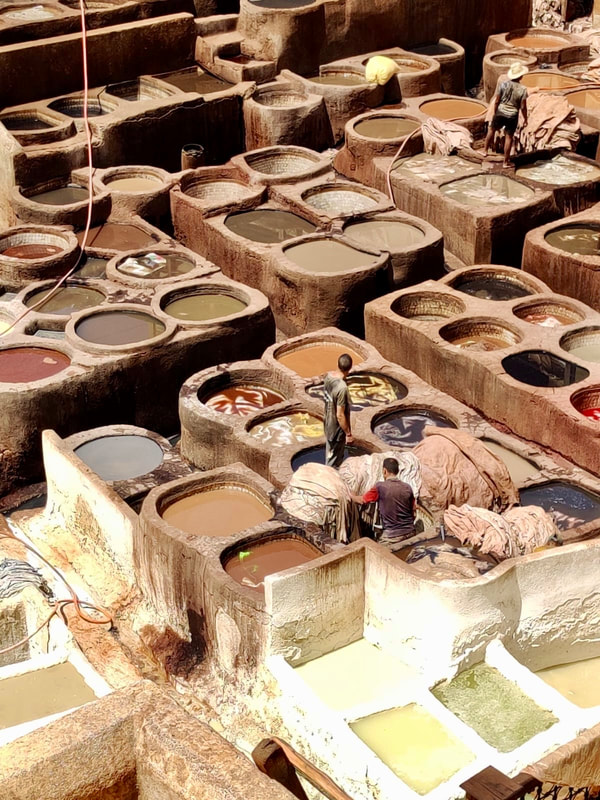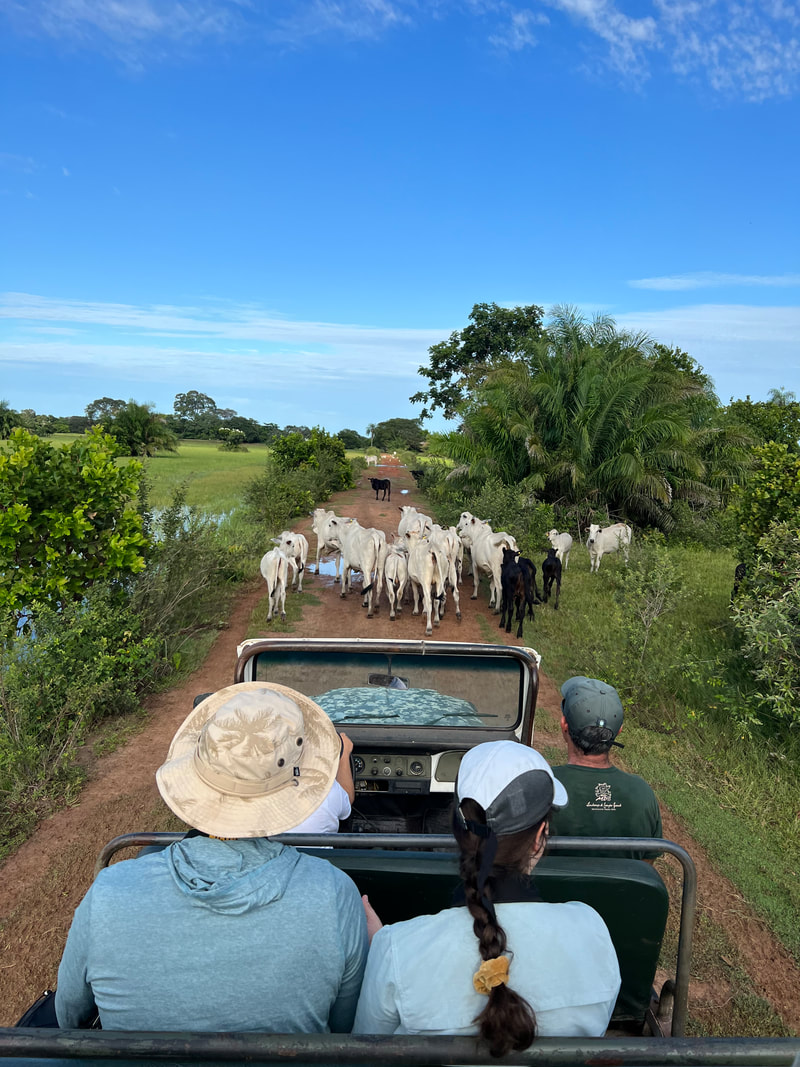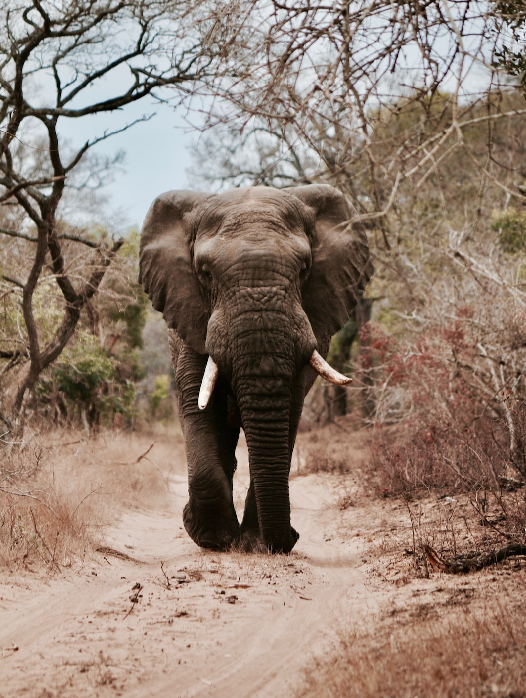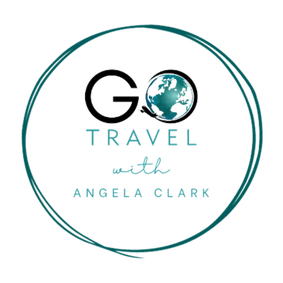Africa
Welcome to my Africa resource section where I offer some curated recommendations for all travellers, whether armchair or on-the-go, to explore the diverse cultures, rich history, and breathtaking landscapes of the region.
north
-
Morocco
-
Egypt
<
>
Read |
Watch |
Listen |
|
The Caliph's House: A year in Casablanca by Tahir Shah.
Inspired by his childhood vacations, Shah buys a house in Casablanca and moves his family there with the aim of escaping the monotony of life in London. A terrific read that examines Moroccan culture. Sex and Lies by Leïla Slimani. In Morocco, where extramarital sex is forbidden by law and adultery can lead to imprisonment, women bear the brunt of sexual judgment. In this anthology of essays, Slimani sheds light on their experiences, marking her debut in English non-fiction. |
Read |
Watch |
Listen |
|
Out of Egypt by André Aciman (Picador USA, 2007)
In this memoir, Aciman paints a vivid picture of his upbringing in Alexandria at the turn of the 20th century. He fondly describes a vanished world - a community of diverse exiles - through heartfelt character portrayals. |
Death on the Nile by Agatha Christie
Obviously you should read the book first and then my preferred version to watch is the one from 2004 with David Suchet. |
Short History Of........ Podcasts from the independent network Noiser (https://www.noiser.com/about) that always hit the mark. A Short History of Tutankhamun. In November 1922, in Egypt's Valley of the Kings, a young water boy called Hussein Abdul Rasoul makes a remarkable discovery. A set of stone steps lies concealed beneath the desert sand - a staircase leading to a long-lost tomb. The mummified pharaoh within will capture the imagination of generations to come, becoming the very embodiment of Ancient Egypt. What do we know of this boy king and his premature end? And why the extraordinary opulence of his burial chamber? A Short History of Cleopatra. The last of the Ptolemaic Pharaohs, the enduring legend of Cleopatra has captivated imaginations for centuries. Though some write her off as a manipulative femme fatale, her competence as a ruler restored her country to a world superpower. But what were the early experiences that shaped her? How did she form both political and personal alliances with two great Roman generals? And what is the true story of her dramatic death? A Short History of the Rosetta Stone. In 1799, French soldiers in Egypt unearthed what would become one of the world’s most famous artefacts. After a desperate race to decipher its symbols, the Rosetta Stone provided the key to understanding Egyptian hieroglyphs, casting new light on the culture and history of this lost civilisation. But why was the Rosetta Stone made in the first place? How did it end up in the hands of the French occupiers, thousands of years after it was created? And when the battle to decode was over, what secrets did it reveal? A Short History Of The Suez Canal. The Suez Canal is one of the world’s most famous waterways - connecting the Red Sea to the Mediterranean, and opening up trade between the East and the West. But ever since its legendary construction in 1869, the Suez Canal has been at the centre of conflict and controversy. Why does a ditch in a desert spark years of political crises? Who helped turn a pharaoh’s dream into a reality? And how does a 19th Century waterway still hold the key to global trade almost 200 years later? A Short History of Pyramids. Sakkara, Egypt, 2,630BC. A man stands atop a structure of dizzying height as the final block grinds into place. For Imhotep, it is the culmination of his life’s work: a mountain made by man. He checks the joint while his workers wait in silence. Then, he gives a barely perceptible nod. It is done. Imhotep’s pyramid is the first, but more will come. Bigger pyramids, more beautiful pyramids, tombs filled with treasure, chambers inscribed with complex, sacred writings. But what motivated these ancient people to toil for decades over their vast monuments? What purpose did the structures serve? And what mysteries might still remain inside? |
east
-
Kenya
-
Uganda
-
Rwanda
-
Tanzania
<
>
Read |
Watch |
|
A Grain of Wheat by Ngugi wa Thiong’o (Penguin, 2012)
Mugo, a man harboring a hidden truth, faces a dilemma that could fracture his Kenyan village. Despite seeking a peaceful existence post-detention camps, he is revered as a hero and leader by the community. Against the backdrop of Kenya's road to independence from Britain in 1963, the narrative unfolds with themes of secrecy, loyalties, hardship, and aspirations for a better tomorrow. Written by the 2019 Nobel Prize for Literature nominee Ngugi wa Thiong'o, "A Grain of Wheat," initially published in 1967, stands as one of his most acclaimed works. |
Read |
Watch |
|
"We are all Birds of Uganda" Hafsa Zayyan
In 1972, Idi Amin expelled the Asian population from Uganda, resulting in the displacement of approximately 80,000 people. Many of them were born in Uganda and had deep roots in the country. Previously brought to Uganda by the British, Asians had come to own most of the businesses and wealth in the country. The book "We are All Birds of Uganda" explores the long-lasting effects of this expulsion across generations and continents. Using two different timelines, Zayyan weaves her multigenerational story expertly and draws you into the characters journeys. A book to learn about the history and physical beauty of Uganda. |
"The last King of Scotland"
Based on Giles Foden's 1998 novel, this film depicts the dictatorship of Ugandan President Idi Amin through the perspective of Nicholas Garrigan, a Scottish doctor. Superbly acted by Forest Whitaker and James McAvoy in the lead roles, it does however barely acknowledge the tribal genocides carried out by Amin and fails to truly condemn the impact of colonisation. However, definitely worth a watch! |
Read |
Watch |
|
"Road Trip Rwanda; A Journey Into the New Heart of Africa" Will Ferguson
The author travels to the "land of a thousand hills" with his friend from Calgary, a Tutsi who escaped Rwanda just months before the genocide of 1994. They journey throughout the country visiting tragic genocide sites, refugee camps, places from Jean-Claude's childhood, beautiful savannahs and the home of mountain gorillas. What they discover is a country on the up, breaking free from it's tragic past. A well written and very informative book that leaves you feeling hopeful for this African nation whilst at the same time not shying away from the brutal facts of the past. Highly recommended. "Gorillas in The Mist" Dian Fossey Gorillas in the Mist explores our connection to the natural world. Written by the self taught primatologist, Dian Fossey, it recounts her thirteen years in a remote African rainforest alongside the mountain gorillas, one of the greatest of the great apes. Through Fossey's own words and candid photographs, the book captures her extraordinary efforts to protect the rainforest and the endangered gorillas. It combines personal adventure with groundbreaking scientific reporting, and offers a remarkable portrait of our closest primate relatives. Gorillas in the Mist remains one of the most important books ever written about conservation and is an absolute must read for anyone planning a trip to Rwanda / Uganda to trek with the Gorilla's. |
"Hotel Rwanda"
Hotel Rwanda is a thought-provoking film set against the backdrop of the Rwandan genocide that unfolded in the spring of 1994. Based on a true story, this powerful movie chronicles the courageous endeavors of Paul Rusesabagina, manager of the Belgian-owned Hotel des Mille Collines, as he strives to protect not only his own family but also over 1,000 other desperate refugees. By offering them refuge in the hotel, Rusesabagina becomes a beacon of hope amidst the absolute chaos. Hotel Rwanda delves into the themes of genocide, political corruption, and the far-reaching consequences of violence.
|
southern
-
Namibia
-
Botswana
-
Zimbabwe
-
South Africa
<
>



